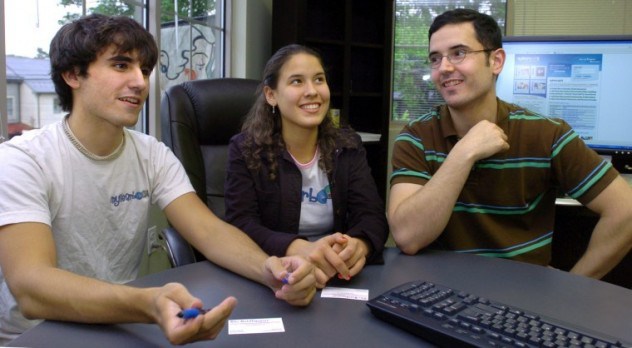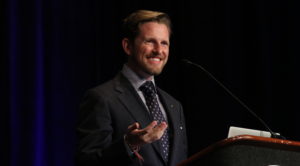In 2005, sophomore Catherine Cook and junior Dave Cook were looking through their high school’s yearbook. The siblings realized that it really didn’t give much information about the students, making it difficult to learn more about their peers. They thought that the yearbook would be much more useful if it were online, so they decided to launch it themselves. They convinced their older brother Geoff to invest $250,000 dollars in their venture. Geoff was no stranger to entrepreneurship, having founded two websites while attending Harvard, and then selling them a couple years after he graduated. So, Dave and Catherine created myYearbook.com, a platform which would allow students to meet and socialize with each other. Geoff left his current job and became the site’s CEO. When it launched, myYearbook was a huge success, quickly expanding to other schools. They made sure to continue improving the sight by adding new features, such as quizzes and games. Many features were added as a result of them engaging with the site’s users so they could find out what they wanted. By 2006, the website had a million users, and had raised $4.1 million in venture capital. But, myYearbook soon had a new competitor to deal with: Facebook. Facebook was rapidly growing, and was on its way to quite literally “rule the world”. The Cooks realized that to survive, they would have to differentiate their services. They promoted myYearbook as platform for making new friends, while Facebook was about interacting with your current friends. This allowed the website to live on in spite of the great competition. In 2012, myYearbook merged with Latino website Quepasa, with its name changing to MeetMe. This new name shows that myYearbook has now gone beyond yearbooks, so who knows where the Cooks will end up next?




